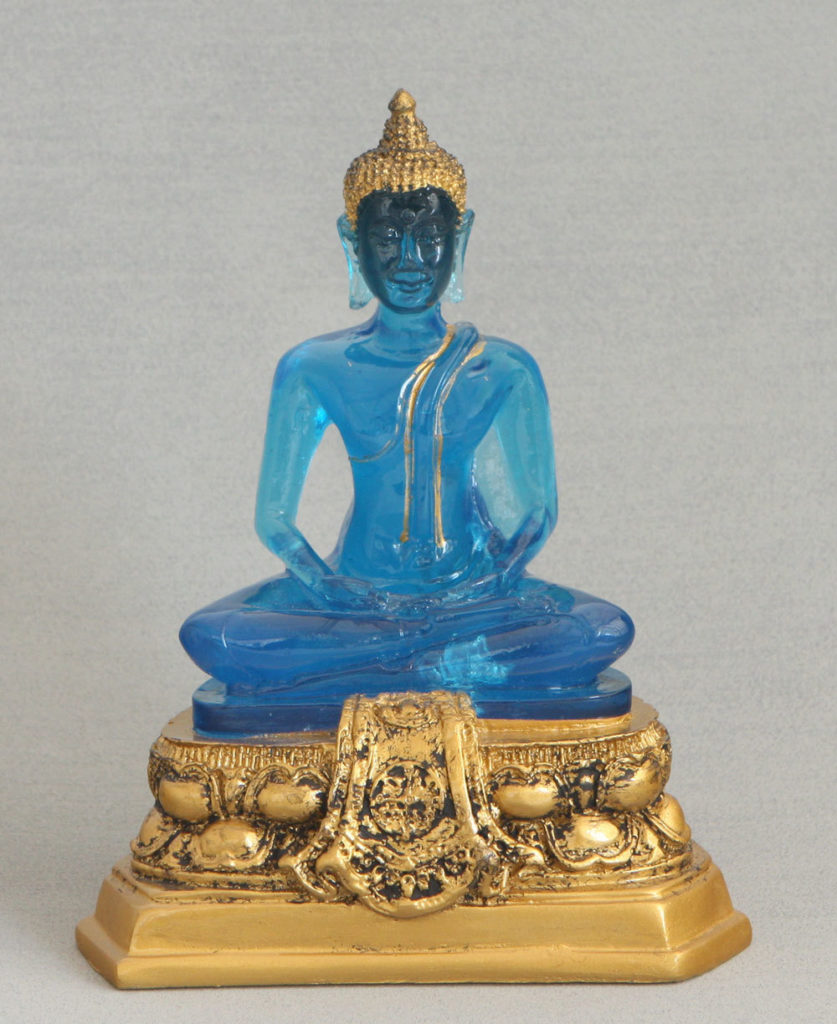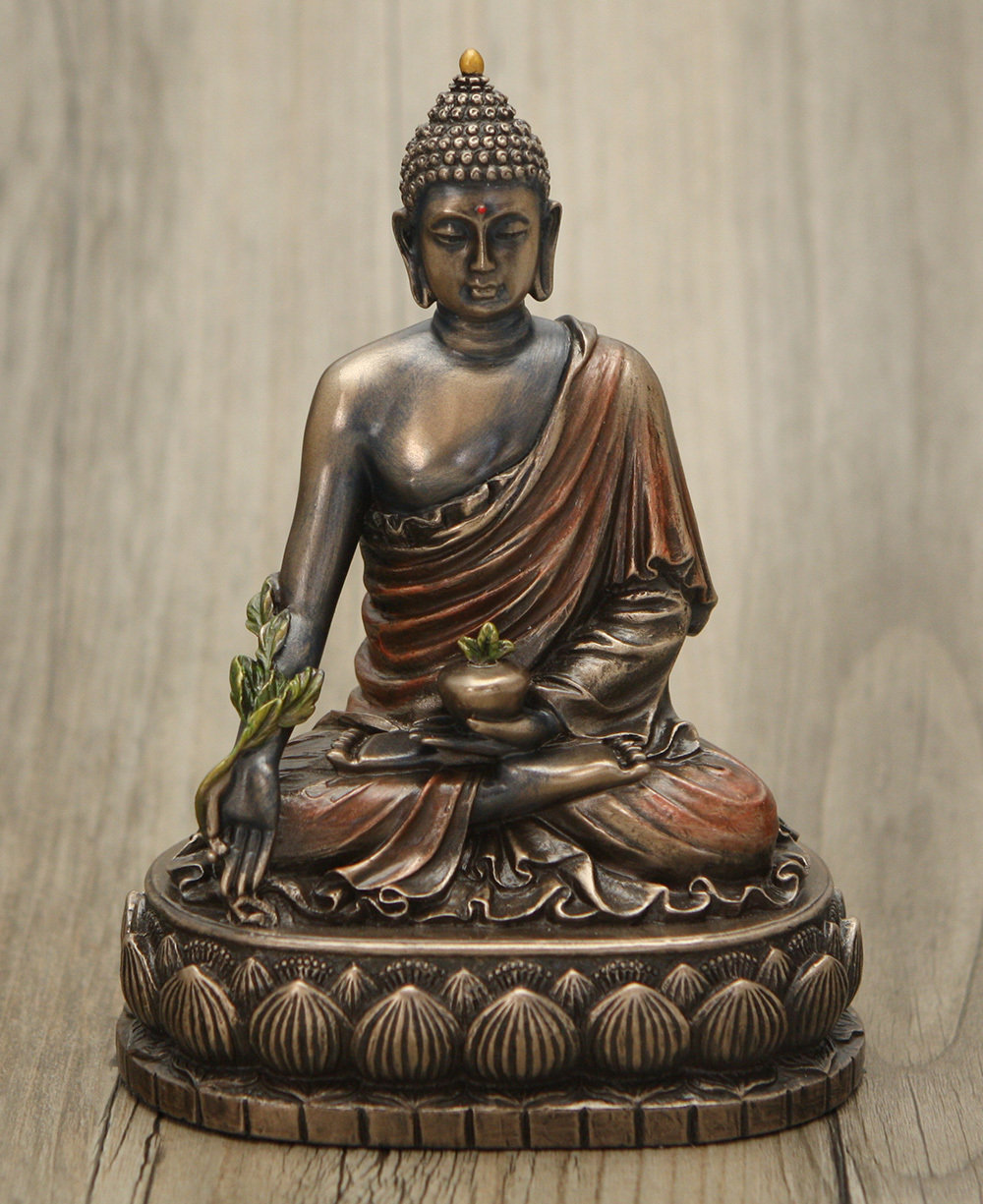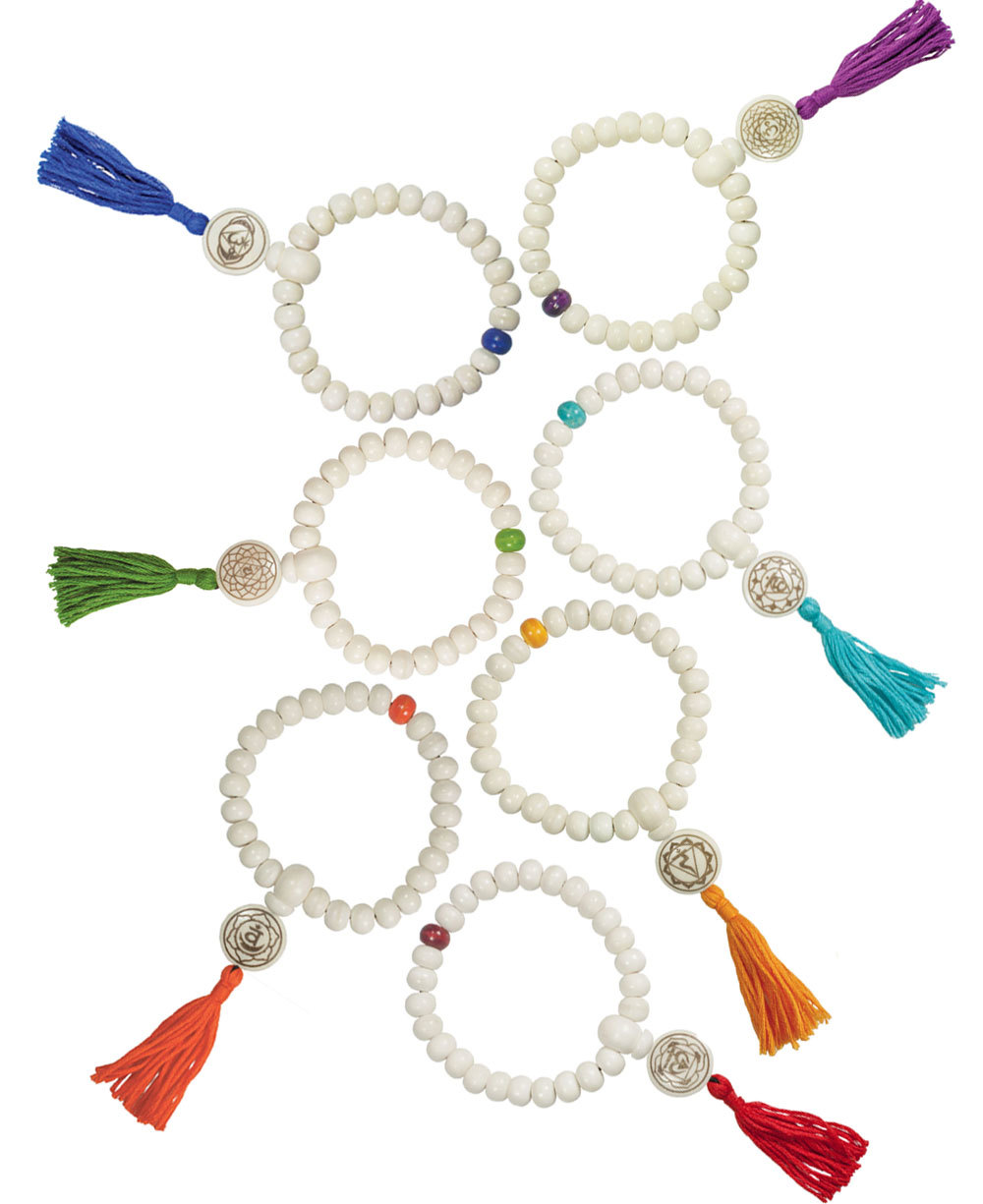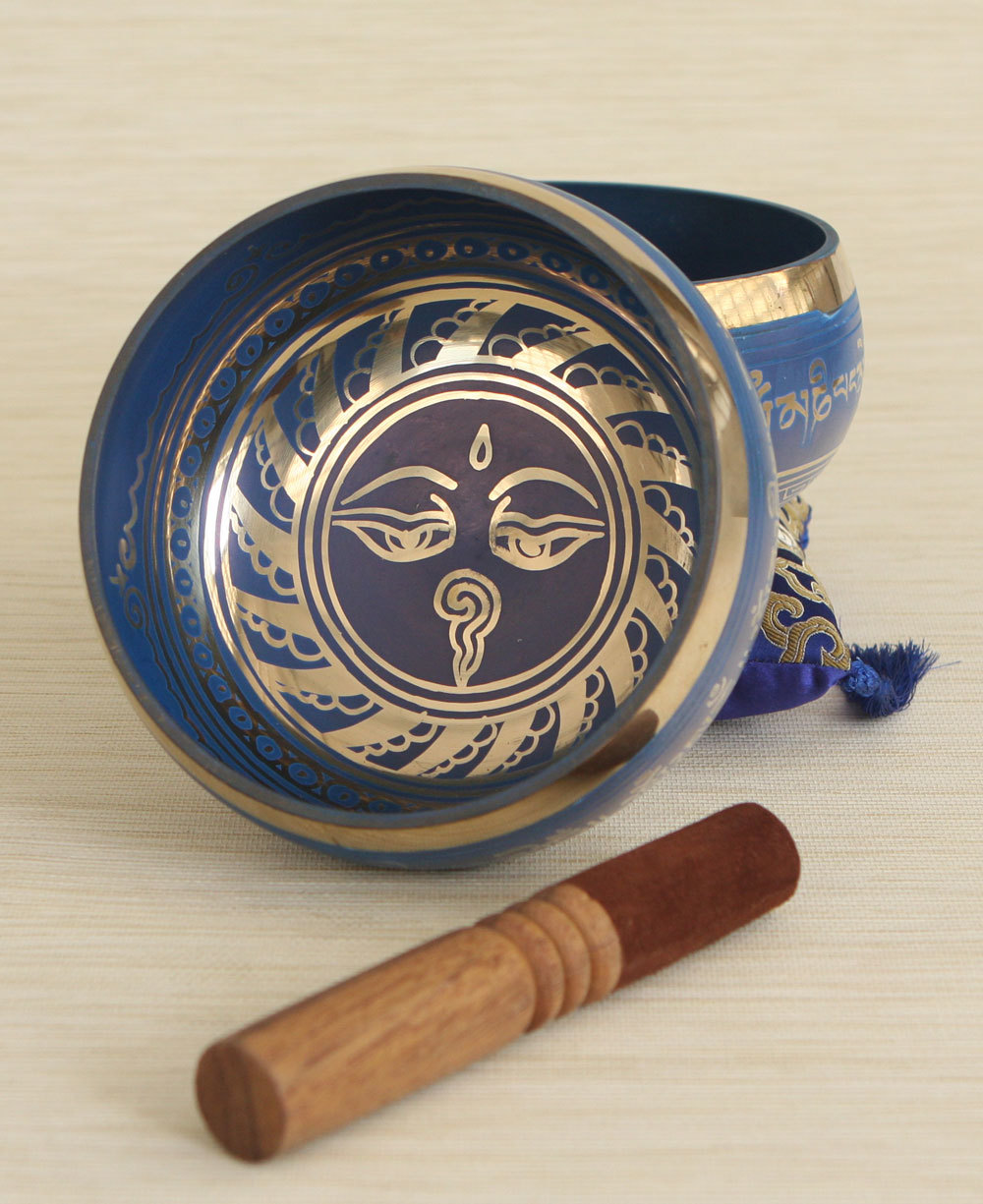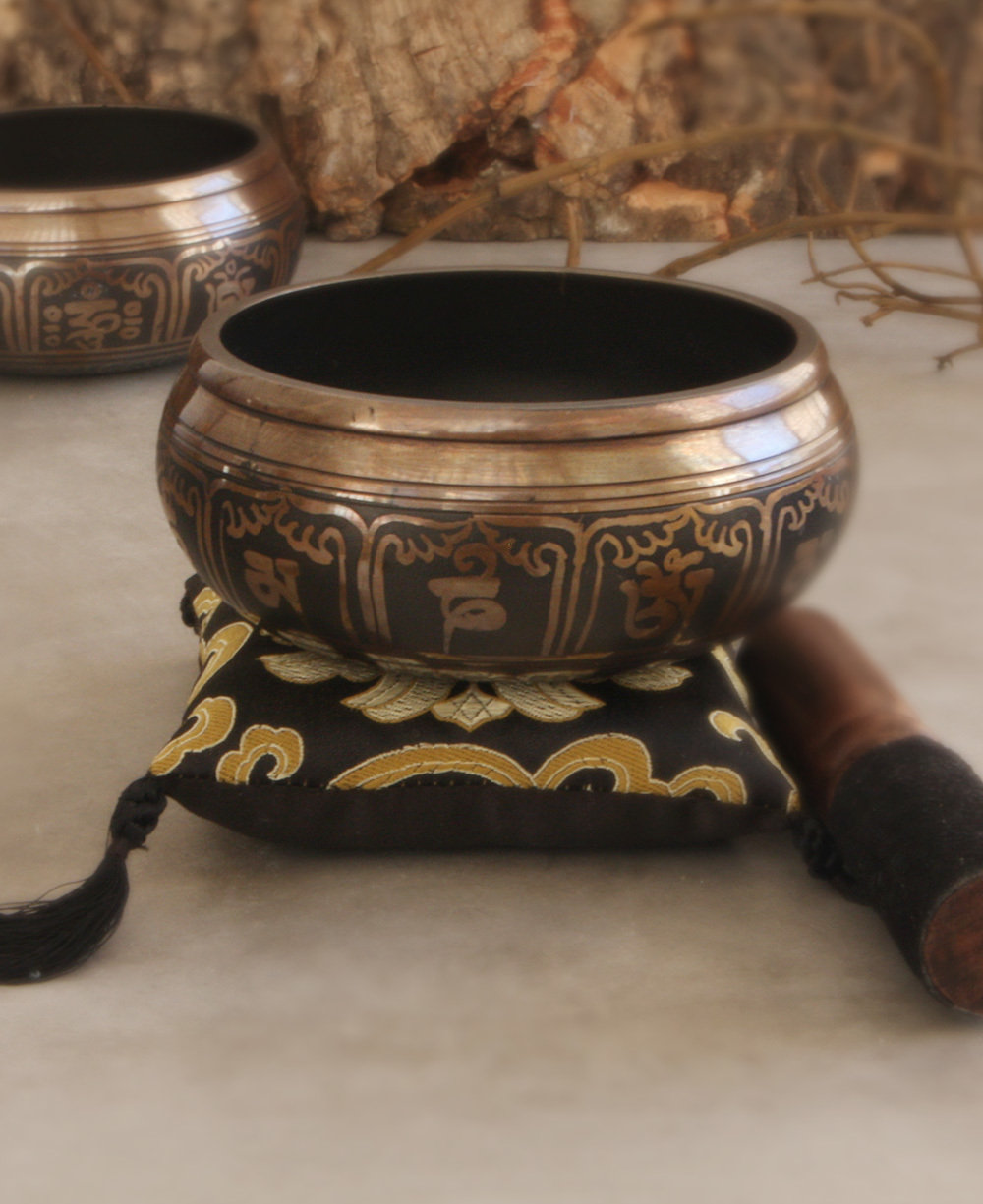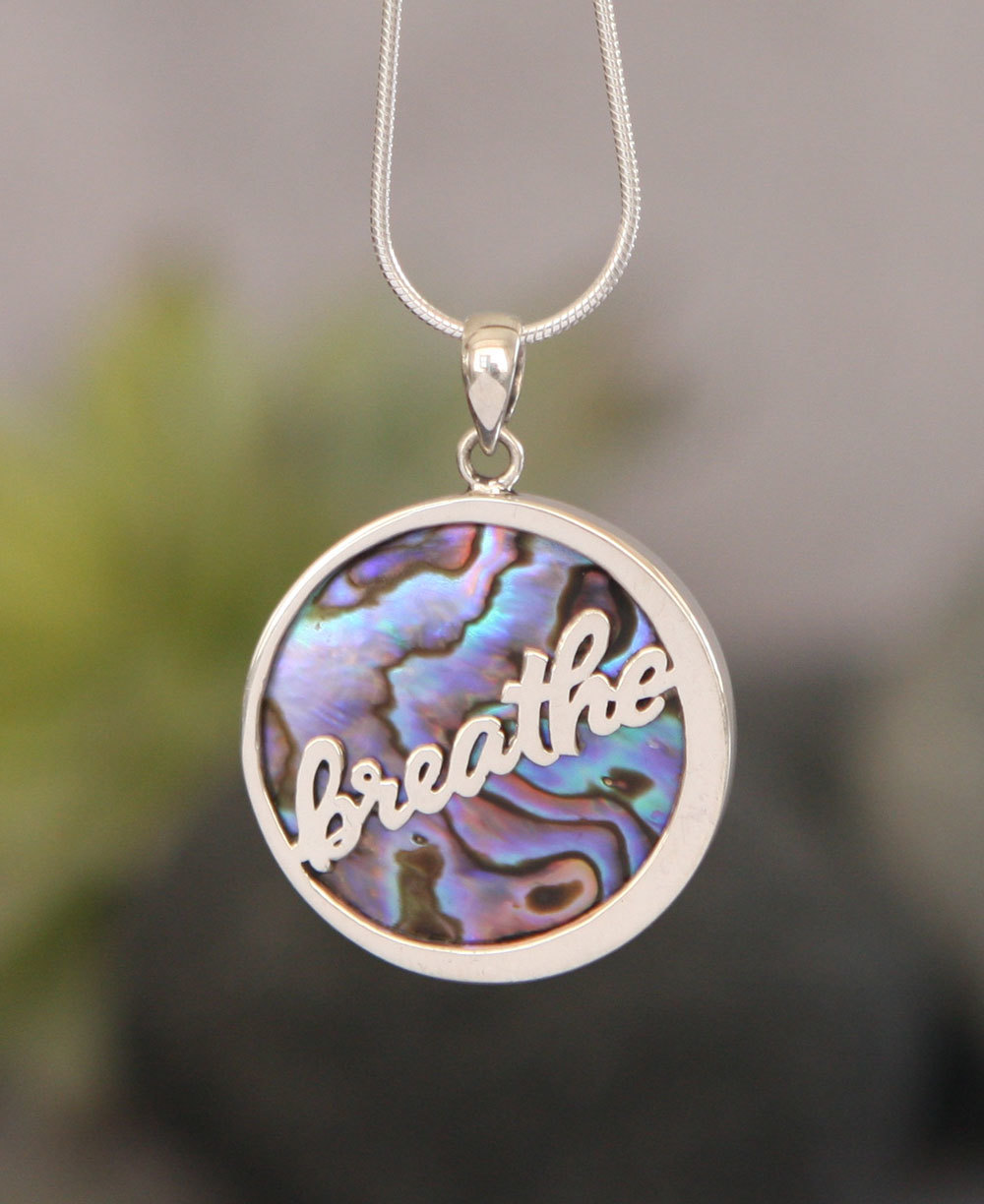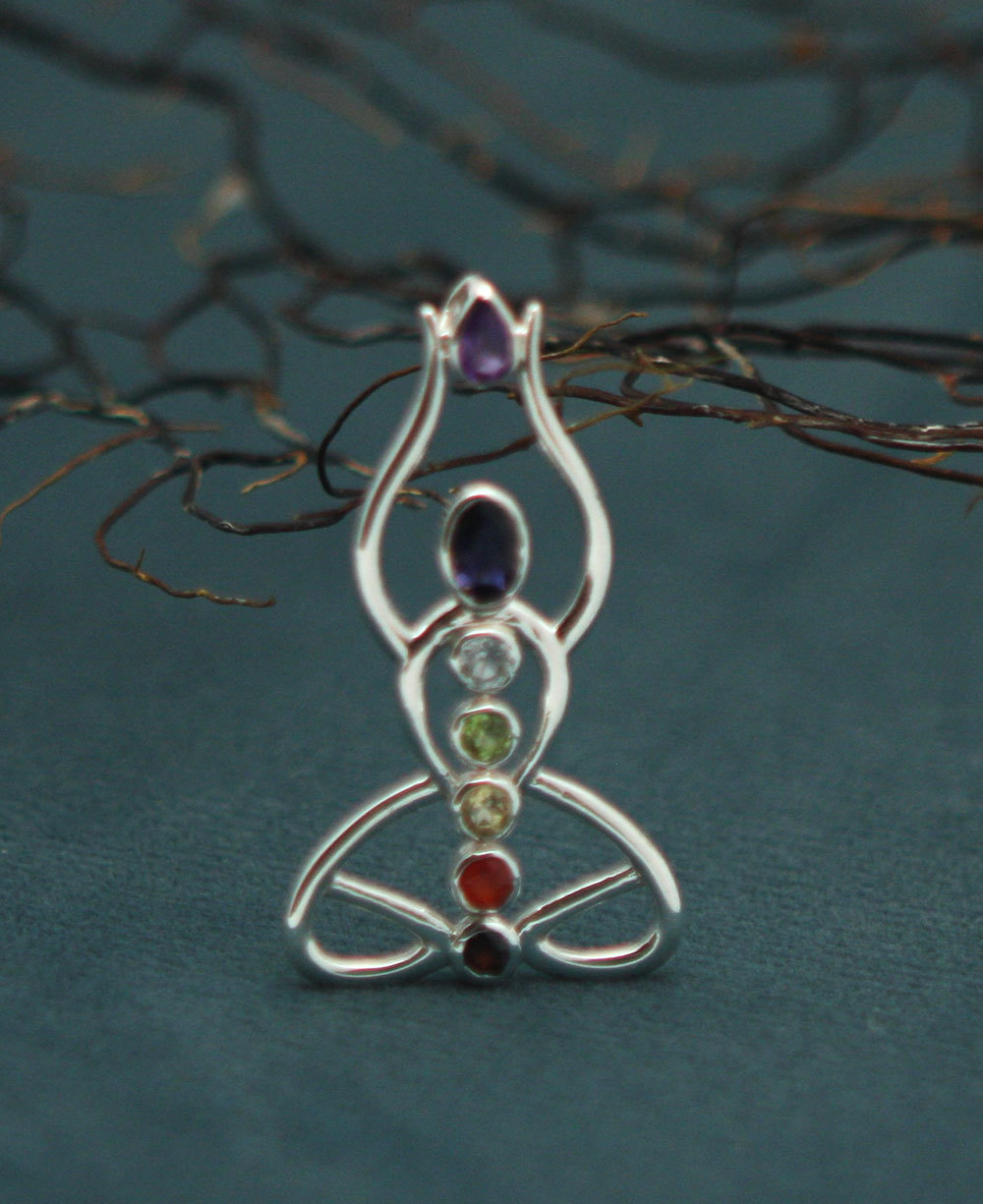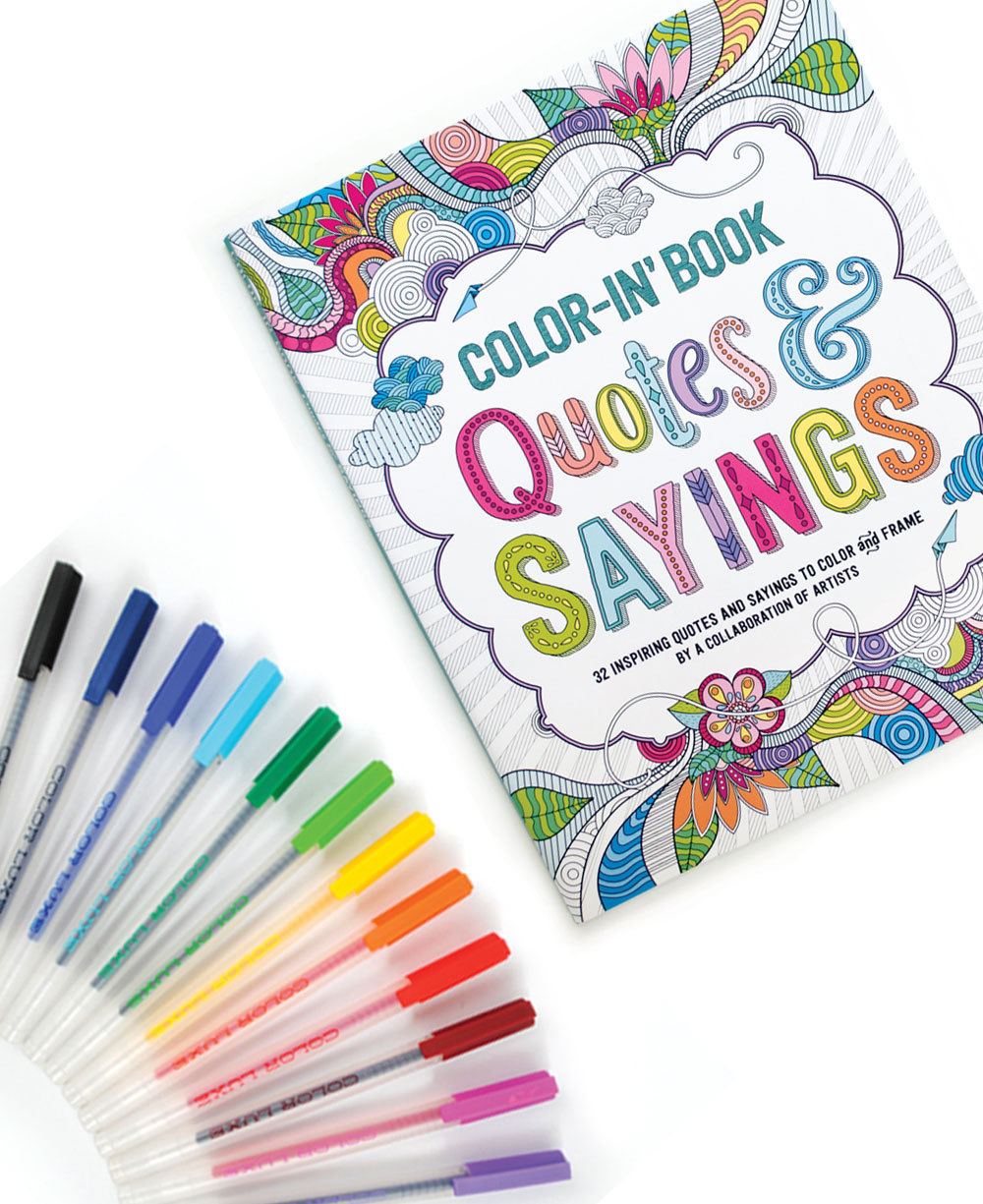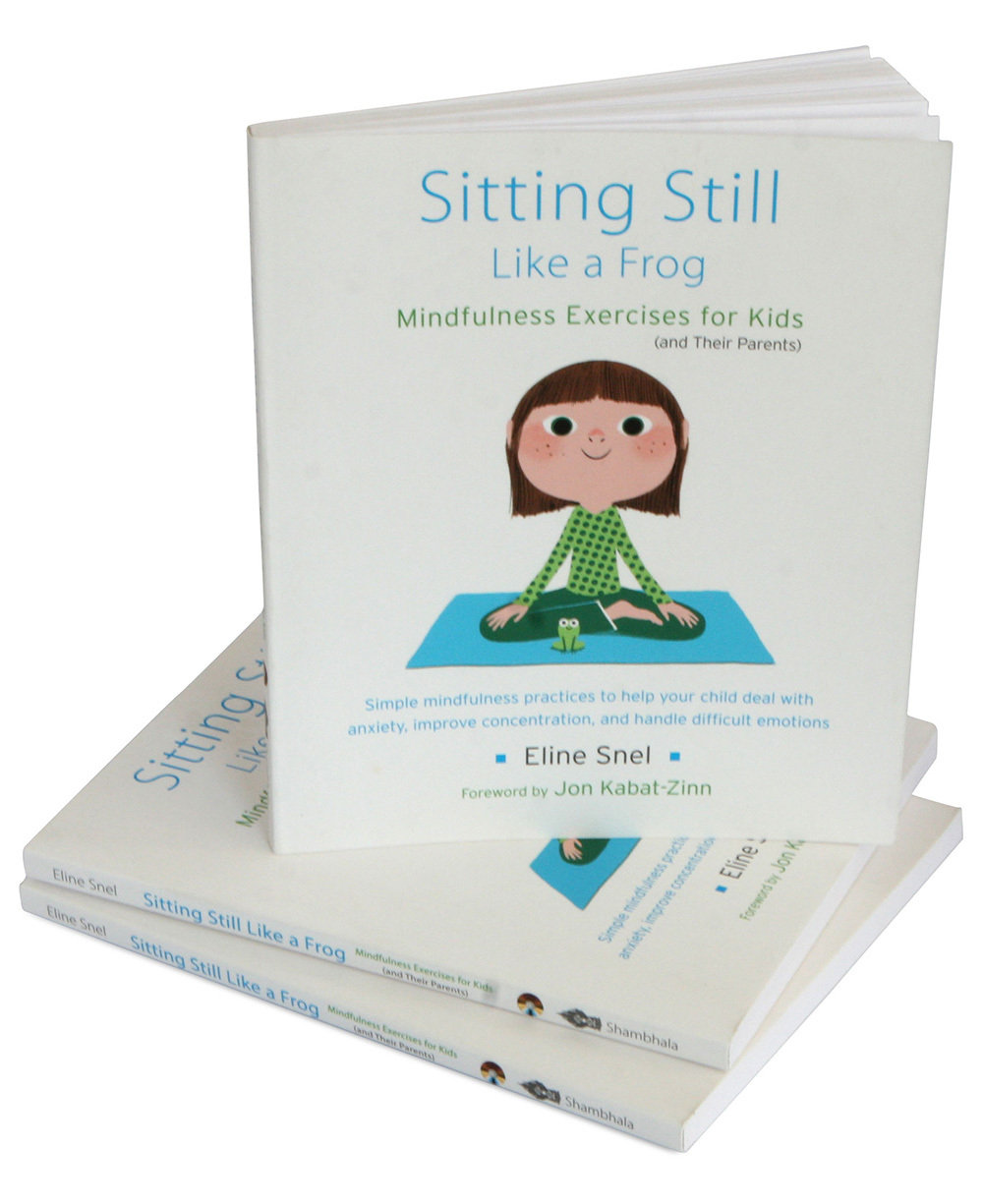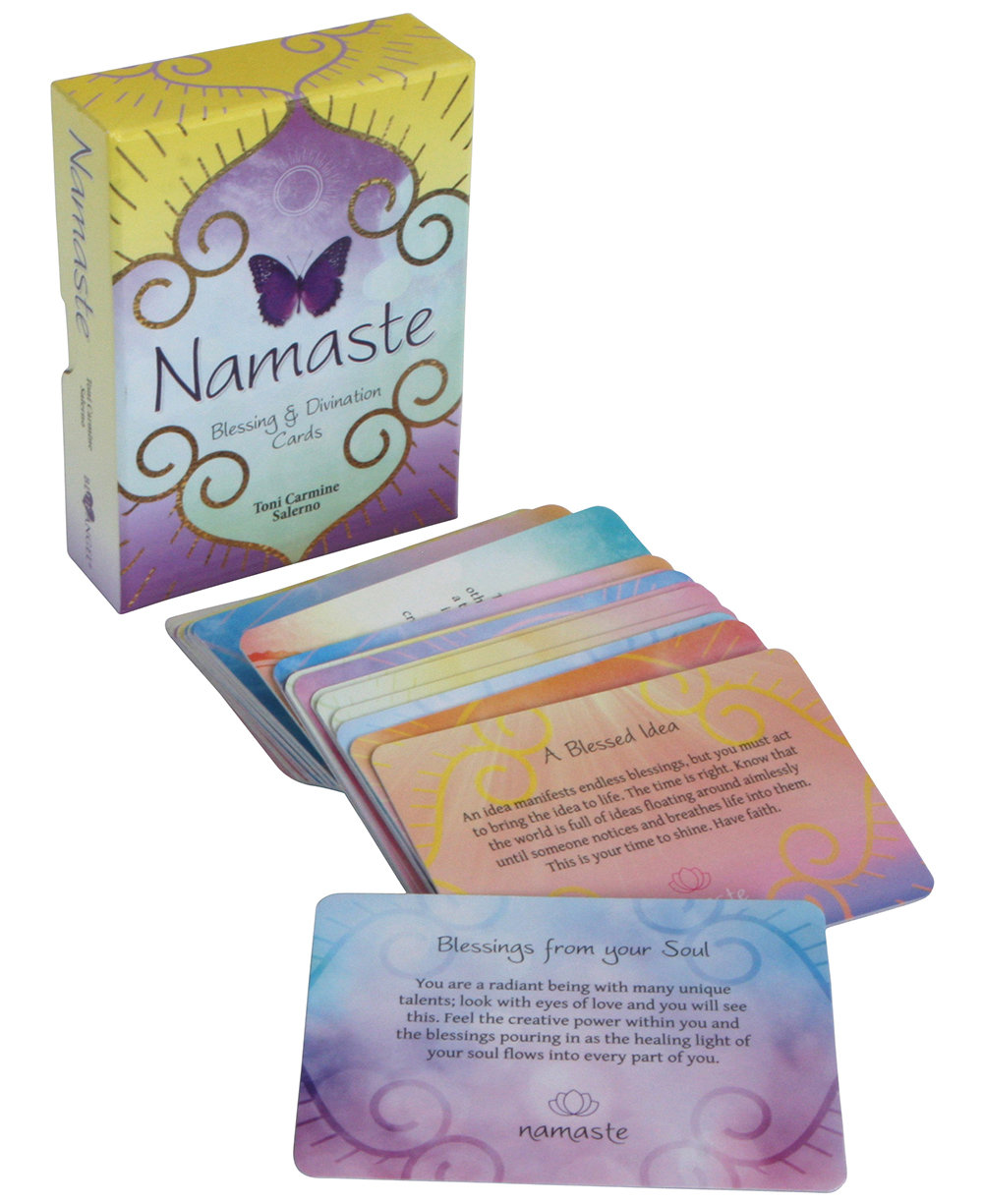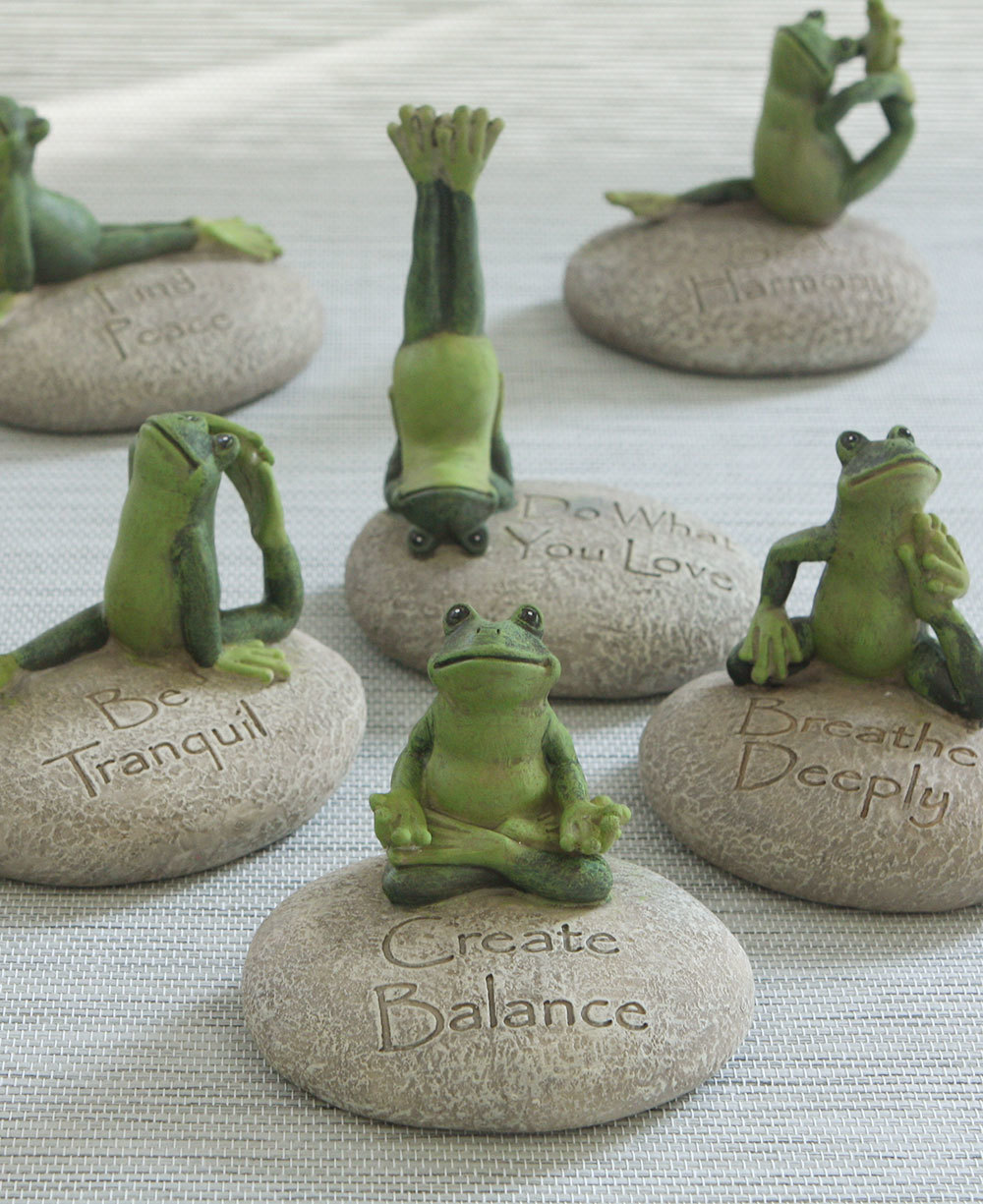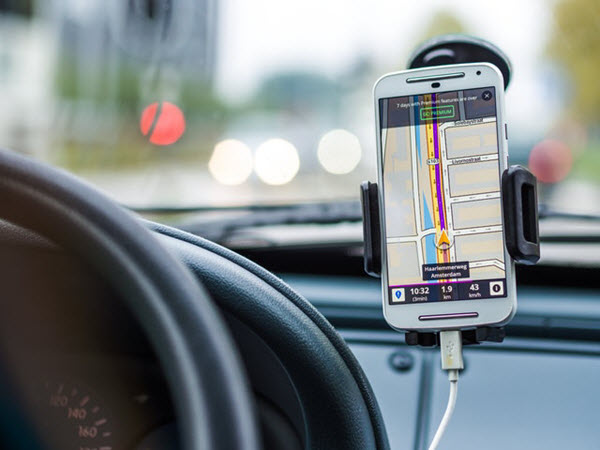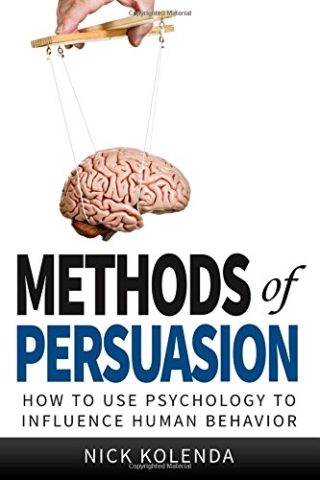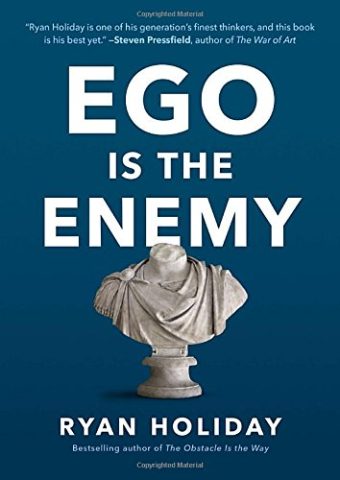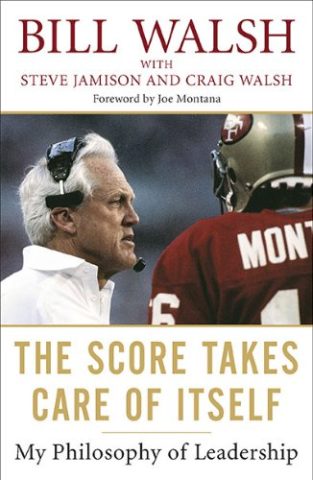
“Without forgiveness life is governed by an endless cycle of resentment and retaliation.” ~Roberto Assagioli
When I was a little girl, I used to wonder what my father was like. Was he a nice man? What did he look like? Did he think about me? Did he love me?
But, above all I wondered why he left.
I used to make up stories about him—one time I imagined him as a voyager traveling to foreign lands and picking up small gifts for me in every new place he visited. He met with the locals, and would learn new trades and languages. He’d tell them stories about how much he loved and missed me, and how he couldn’t wait to come home.
Another time he was a doctor stationed abroad helping to heal sick and impoverished children. He couldn’t come home because without him, those children would die, and when I was big enough, I’d travel to be with him.
I liked envisioning him as someone far away and out of reach, doing important work. In this way his absence made sense to me. But, the reality was not quite as heroic as I imagined it to be.
I first spoke to my father when I was a teenager and learned he was living in a different state and running his own business.
He’d remarried since my mother, and divorced, but had no more children. When I asked him why he left his answer was simple: “When your mom and I split up, I gave her a choice. Either she raise you without my help, or I raise you without her help. Emotionally. Financially. Everything. I needed a clean break.”
My heart dropped.
He wasn’t a doctor saving sick children.
He wasn’t a voyager exploring new lands and thinking of me.
Instead, he was just a man. A man who decided his divorce applied to both his wife and his daughter.
An overwhelming sadness filled the air around me, and disappointment set in. I wasn’t expecting or prepared for his nonchalant answer. The longing I’d felt to know him, the paternal love I wished to experience, the warmth, the guidance, the protection, the encouragement—all of it dissipated in an instant.
And in its place was emptiness.
But still, I longed for a connection with him. Growing up without a father made me feel somehow incomplete, like I was missing out on something everyone around me had access to.
I thought if I could prove I was worthy and deserving of his love and affection my father would never leave me again. I thought he’d realize he made a mistake and apologize for his absence, and work hard to make up for all of the years of fatherhood he missed out on. So I asked him if I could visit, and he agreed.
He booked me a ticket, and a few months later I was flying solo to see him. I was nervous and anxious. My palms were sweating and my hands were shaking. Would he like me? Would we get along? Would I finally have a father?
When he picked me up from the airport I could barely mutter out a hello.
“H-h-h-iii,” I stammered.
“Hey. Come on in, the traffic is really bad right now,” he said while opening the passenger side door of his truck.
Everything about him was different than I’d imagined. He wasn’t as talkative or full of stories as I thought he’d be. Instead he was quiet and observant, and somewhat withdrawn. But, he was welcoming and gracious during my stay—his girlfriend, however, not so much.
As my father and I got to know each other, his girlfriend distanced herself from our conversations and company. Initially, I figured she was shy or wanted to give us time alone. But, when I arrived home after my trip I learned she had given my father an ultimatum: choose her or me. He said he was furious with her, and he’d never choose a relationship over his daughter.
In an instant I felt validated. I felt important. And for the first time in my life, I felt paternal love and protection.
But, those feelings were short lived. When I tried to contact my father again I couldn’t get through. He changed his number. He stopped responding to my emails. He went completely off the grid, again.
I felt crushed, confused, and distraught. The man that I glorified for so long, and thought would love and care for me instead turned his back and walked away without so much as a goodbye.
And for a while I was shattered. I was angry. I was full of resentment. I was full of hatred. And I was sad because I didn’t understand what I had done and why he didn’t want me in his life.
And those negative feelings I held inside regarding my father were then projected into my relationships with men.
I found myself involved with emotionally unstable, unavailable men who were usually much older than me. The relationships were toxic—full of trust issues, fights and lack of appreciation. And each breakup left me feeling more broken and more unworthy, as if I was experiencing my father’s rejection over and over again.
After one particularly vulgar relationship characterized by emotional abuse and episodes of physical violence, I knew I had to get out. I knew I had to change my ways. I knew I had to learn to let go of the past and forgive my father for leaving because it was haunting my present.
All of those repressed emotions I felt toward my father were replaying over and over in my daily life like a lesson waiting to be learned—only I wasn’t learning. And I couldn’t move forward with my life because I hadn’t forgiven my father, and in the process I imprisoned myself.
And so I sat down and I prayed for guidance. I asked for help. For redirection. And, a voice in my head said, “We don’t forgive others for their salvation. We forgive others for our own.”
And in that instant, I knew what I had to do. I had to release the anger. I had to release the frustration. I had to release the sadness. I had to unlock the doors keeping me imprisoned.
Symphonically, my lips opened and these words poured out: “I forgive you for abandoning me. I forgive you for rejecting me. I forgive you for choosing her over me. I’m sorry for holding onto these negative feelings for so long. I wish you the best in your life. I wish you happiness. I wish you love. I wish you abundance. I am freeing you from my anger, and I am freeing myself.”
After that my entire life changed. A weight was lifted off of my shoulders, and I felt at peace. I felt happy. I felt free.
When it comes to forgiveness, we are each responsible for freeing ourselves because no one else can do it. Forgiveness is the key to self-salvation, and you can unlock your personal prison today and set yourself free now. Are you ready?
Here’s how:
Let Go of ‘Entitled’ Apologies
When I first met my father, I was certain he was going to adorn me with grand apologies, cry, and beg for my forgiveness. But, reality didn’t match my expectation. Not only did he not apologize, he also didn’t seek my forgiveness. In his mind, what he did made sense at the time and there as no reason to say sorry for it.
As I got older I began to understand the phrase “life happens, we all make mistakes.” And it’s true. None of us are perfect in our decision making, and it’s often through our mistakes we learn the quickest.
I can’t tell you what motivated my father to leave, but I can tell you I understand how overwhelming parenthood can be, especially when you’re a young twenty-something. I understand how when we have tough upbringing (as my father did) and we don’t let go of our past, it can negatively impact our lives and decisions in the present and future.
Sometimes people don’t say sorry. Sometimes people don’t believe they were wrong. But that doesn’t matter. Apologies aren’t what vindicate you—you vindicate yourself. Don’t wait for someone to apologize and behold a grudge against them until they do.
You know why?
Because the person that feels the wrath of your anger, frustration, and hatred is you. Those hostile feelings, emotions, and thoughts pulsate through your bloodstream like venomous poison, and you become the host keeping that poison alive.
Rather than waiting for an apology, or expecting one to come, realize it may never happen and that’s okay. Because your life and your happiness don’t depend on someone else saying sorry. Your life and your happiness depend on you and no one else.
Find The Lesson
Thrive on tough times! Because these tough times are simply life events that allow you to exercise your internal muscles. The more life throws at you, the stronger you’ll become.
If my father hadn’t left, I wouldn’t be the person I am today. If he hadn’t left, I wouldn’t have the same perspective and appreciation for life, love, and relationships. I am grateful for my father leaving because he taught me why forgiveness matters, which has enabled me to appreciate life more, be empathetic to others and love more, and for that I will be eternally grateful.
Sometimes things happen, and we don’t understand why. Sometimes people hurt us. Sometimes life and its circumstances seem unfair. But, the truth is, every experience we have in life is meant to guide us, to teach us and to re-direct us.
So when you’re in a place where you’re feeling angry, resentful, and enraged step back and ask yourself what the universe might be trying to teach you through this experience. Even if this answer isn’t immediately clear, you will find it eventually and understand.
Reclaim Your Power
The misery I felt after my father cut me off was heartbreaking. My soul hurt. My body was tormented. My mind shattered. I lost my power when I lost my father because I associated his actions with my value, happiness and purpose.
But, we can’t control what other people do. They’re living their lives the best way they know how. We can only control how we react to them. And we either choose to empower or disempower ourselves with our reactions.
Grief, sadness, and anger are all normal emotions. They help us understand the world around us and build our emotional intelligence. And at certain points in our lives, we will express these feelings, and doing so is healthy. So, I’m not suggesting you repress your feeling, but I am suggesting you evaluate them.
Ask yourself, “Why am I feeling this way?” And if your answer is “because __________ did __________,” then ask yourself, “What can I do to move forward with my life?“
Create a strategy and timeline for how you can empower yourself to move forward and begin acting on it immediately.
Forgive
“Forgiveness is giving up all hope of having had a different past.” ~Anne Lamott
After I forgave my father I was able to move forward with my life, and my relationships with men, in a positive and loving way. No longer did I sulk in disappointment, depression, self-hatred, or stress. Nor did I seek validation from outside sources. Instead, I found internal peace, happiness, and love.
Forgiveness is the final step in this healing process. When we let go of our painful past, we make way for a bright and hopeful present and future. Our thoughts, feelings, behaviors, and actions align with our newly freed state of being, and we become happier, healthier, and more positive.
Forgiveness is the ultimate expression of love, and one of the best gifts we can give to ourselves and others.
By practicing these methodologies, I was able to climb the ladder to forgiveness. Each one was a critical rung I had to experience and consciously step up to. Only then did I regain my power. The most important part is that he didn’t change, apologize, or live up to my glorification. Instead, I simply made it to the final step, at the top of the forgiveness ladder.
Forgivness painting here

Antasha Durbin is a spiritual writer, life-long student of the universe, and psychic tarot card reader. Her website, cajspirituality.com, is dedicated to casualizing the spiritual experience and making it attainable for anyone, anywhere, anytime. Follow her for free, easy-to-digest and highly actionable advice on spirituality, mindfulness and empowered living.
Get in the conversation! Click here to leave a comment on the site.
The post Sometimes People Don’t Say Sorry—Why It Pays to Forgive Nonetheless appeared first on Tiny Buddha.
from
https://tinybuddha.com/blog/sometimes-people-dont-say-sorry-why-it-pays-to-forgive-nonetheless/
![]()

